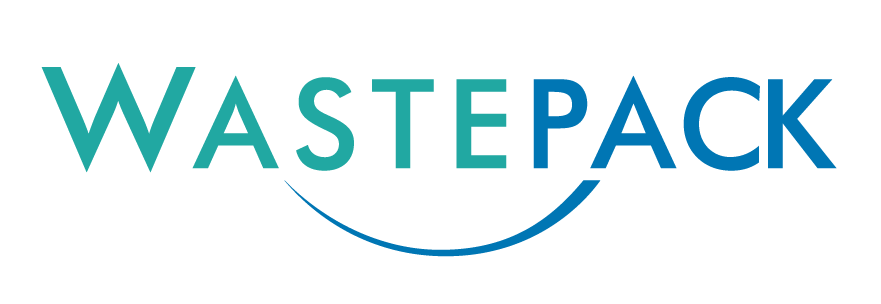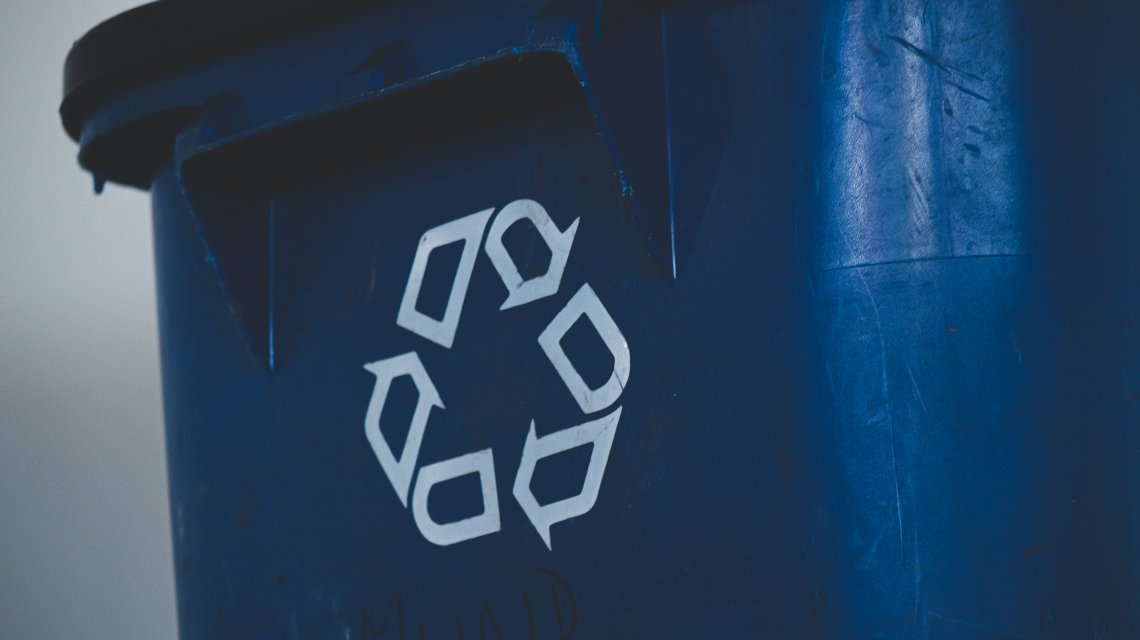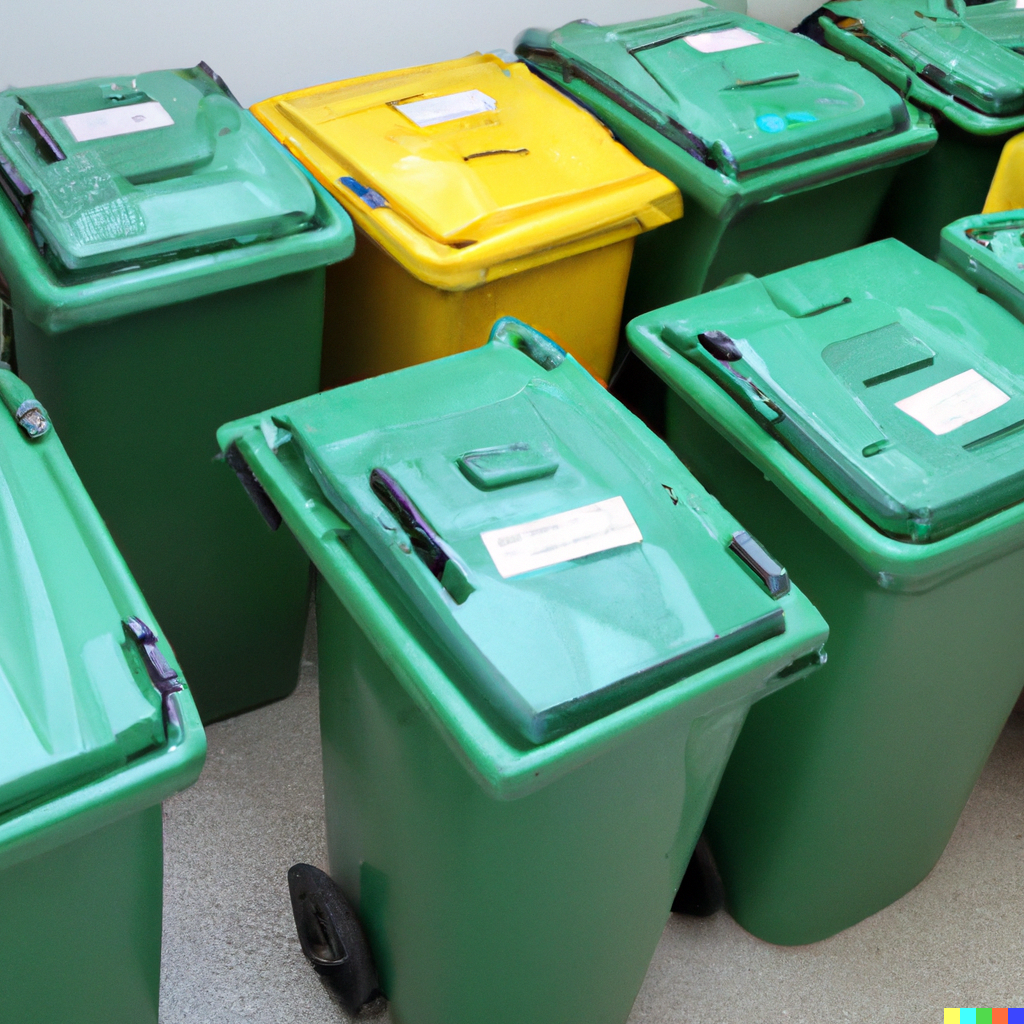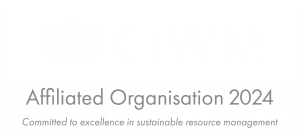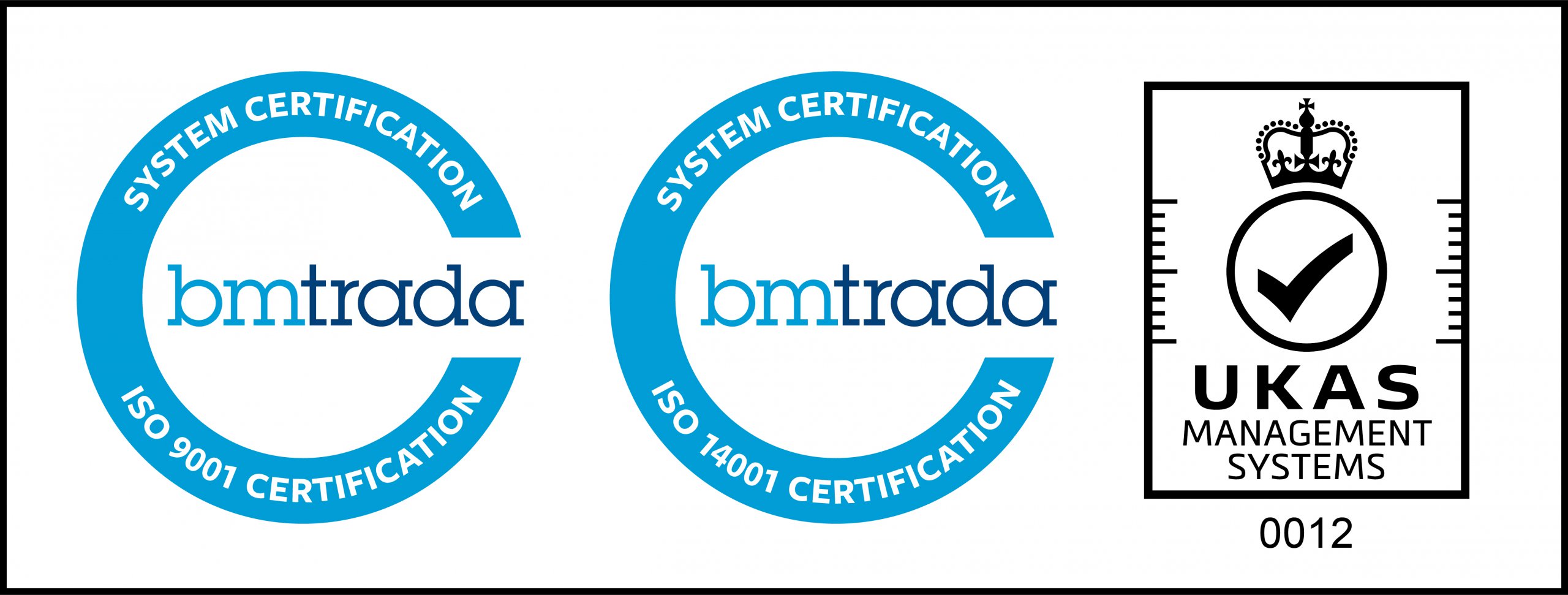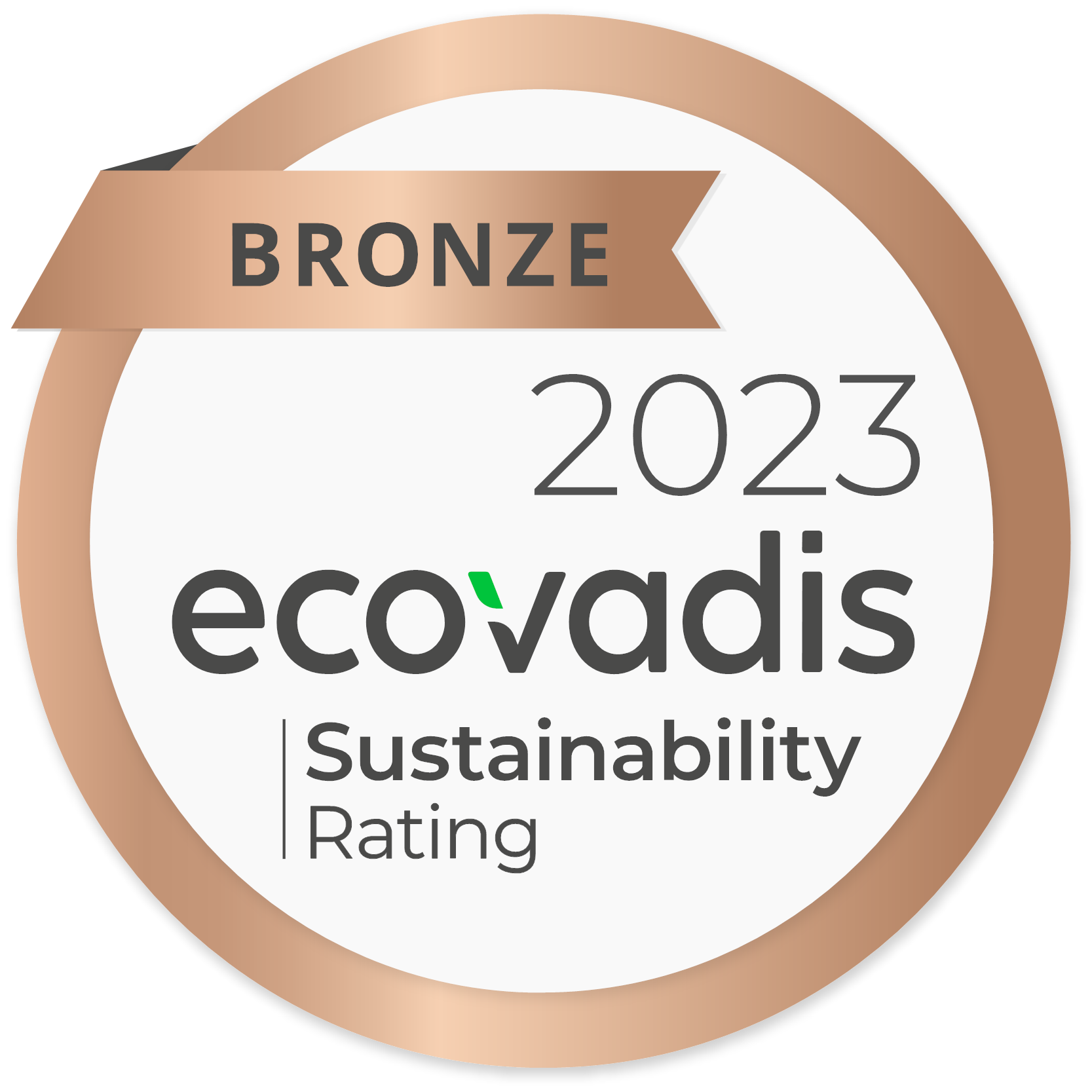Minutes released in June from the last Advisory Committee on Packaging (ACP) meeting held in February have provided insight into the non-compliance fears in the UK packaging markets throughout 2022.
Non-compliance has emerged as a significant concern in recent years, largely driven by the soaring prices of certain packaging recovery notes (PRNs), with some reaching record highs. According to the Packaging Waste Regulations, companies with a turnover exceeding £2 million and placing more than 50 tonnes of packaging on the market annually are obligated to contribute to recycling costs by purchasing PRNs, either directly or through compliance schemes.
Non-compliance takes various forms, ranging from late submission of data (drop-offs) to unintentional errors. However, there are fears that a minority of producers have intentionally chosen not to comply due to the exorbitant prices of PRNs.
The ACP meeting minutes provide a breakdown of non-compliance findings from each of the four UK nations' regulators.
England
Lyn McLean and Virginia Woolley from the Environment Agency (EA) provided an update during the meeting. While all compliance schemes met their obligations, the EA expressed that it is likely that some direct registrants did not comply that year, although the exact number was unknown at the time. The majority of non-compliance in England pertained to paper and plastic packaging. Attendees emphasized the need to place greater emphasis on following up on drop-offs and ensuring timely registration. The volatility of PRN market pricing was also discussed, with the EA requesting feedback from members when guidance is misconstrued.
Wales
John Davies, representing the Welsh Regulator Natural Resources Wales, reported that in 2023, there were 38 accreditations for reprocessors and exporters in Wales, an increase from 37 in 2002. Additionally, two applications submitted late last year were still under assessment.
Scotland
Bernard Gaffney from the Scottish Environmental Protection Agency informed the meeting that all compliance schemes were in compliance. However, four out of 68 direct registrants were found to be non-compliant, and Gaffney assured that follow-up actions were being taken with these companies.
Northern Ireland
All compliance schemes in Northern Ireland complied in 2022. However, 10 out of the 111 direct registrants did not comply, with six being categorized as "total non-compliance." Additionally, one exporter in Northern Ireland was suspended in November 2022.
Enforcement
Several compliance schemes have advocated for stricter enforcement against companies that fail to fully comply, in order to act as a deterrent. The Environment Agency recently stated that it is considering appropriate responses to two producers who did not meet their 2021 packaging obligations through PRN acquisition.
The ACP expressed concerns to government representatives that they feel excluded from ongoing work and discussions related to extended producer responsibility (EPR). In response, Deep Sagar, the ACP chair, requested that ACP membership be added to Defra's digital working group. While the department clarified that the group is not led by Defra, it offered to provide relevant contacts.
Other concerns raised by ACP members included the lead-in time for labelling in the deposit return scheme (DRS) not being sufficient and the possible scarcity of reverse vending machines. Defra acknowledged these risks and referred to research conducted as well as continued supply monitoring.
The minutes demonstrate the ACP's commitment to addressing non-compliance issues and collaborating with regulators and government bodies to ensure effective management of packaging waste and promote compliance throughout the UK.
